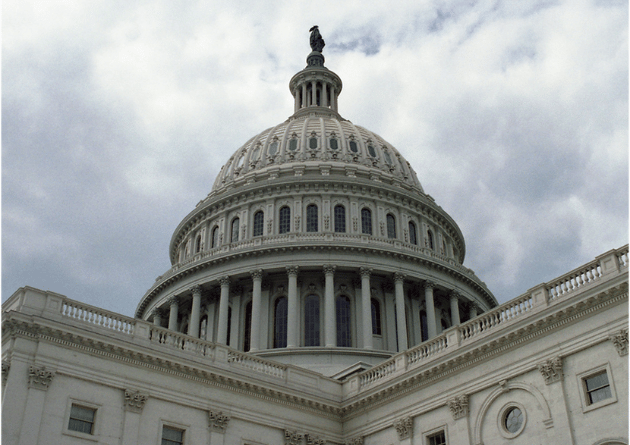Historical Debt Ceiling Standoffs Offer Insights into Future Economic Repercussions

- rabeelrana
- No Comments
Concerns over the potential effects of the U.S. debt ceiling situation on the economy are emerging. I covered last week, how social welfare programs can be impacted if a timely debt ceiling agreement cannot be reached. The economy might have consequences, regardless of whether a solution is reached before the deadline.
Though some people are still hopeful, Wall Street is raising the alarm and saying that even if government officials reach an agreement by the deadline of June 1 the economy would still suffer. The protracted impasse and the Treasury’s attempts to bring things back to normal, entailing the risk of considerable collateral damage, which might cause the economy to enter in a state of recession.
Understanding previous debt ceiling disputes can help predict future economic repercussions. Negotiation uncertainty produced negative outcomes in 2011 and 2013, including credit rating downgrades, stock market falls, decreased consumer and company confidence, higher borrowing costs, and decreased expenditure. If a last-minute agreement could be reached, the impasse would have already increased uncertainty. The cost of credit default swaps has reached all-time highs, short-term Treasury yields have skyrocketed, and stock markets have become more erratic. Any solution negotiated at the eleventh hour may nevertheless result in slower GDP growth and job losses, even if the debt ceiling is not exceeded. The economy may be further hampered by the lingering uncertainty caused by delaying the settlement. Spending reductions must be carefully considered by policymakers because considerable reductions could turn a moderate recession into a severe one.
The country would enter a severe recession as a result of breaching the debt ceiling, whether for a little or extended period of time. Other negative effects include dropping GDP, increased unemployment, and the loss of millions of jobs. Prioritizing a timely and workable agreement that protects economic development and stability is vital for policymakers. Failure to do so could have detrimental long-term effects on the nation’s GDP, employment, and general well-being.
